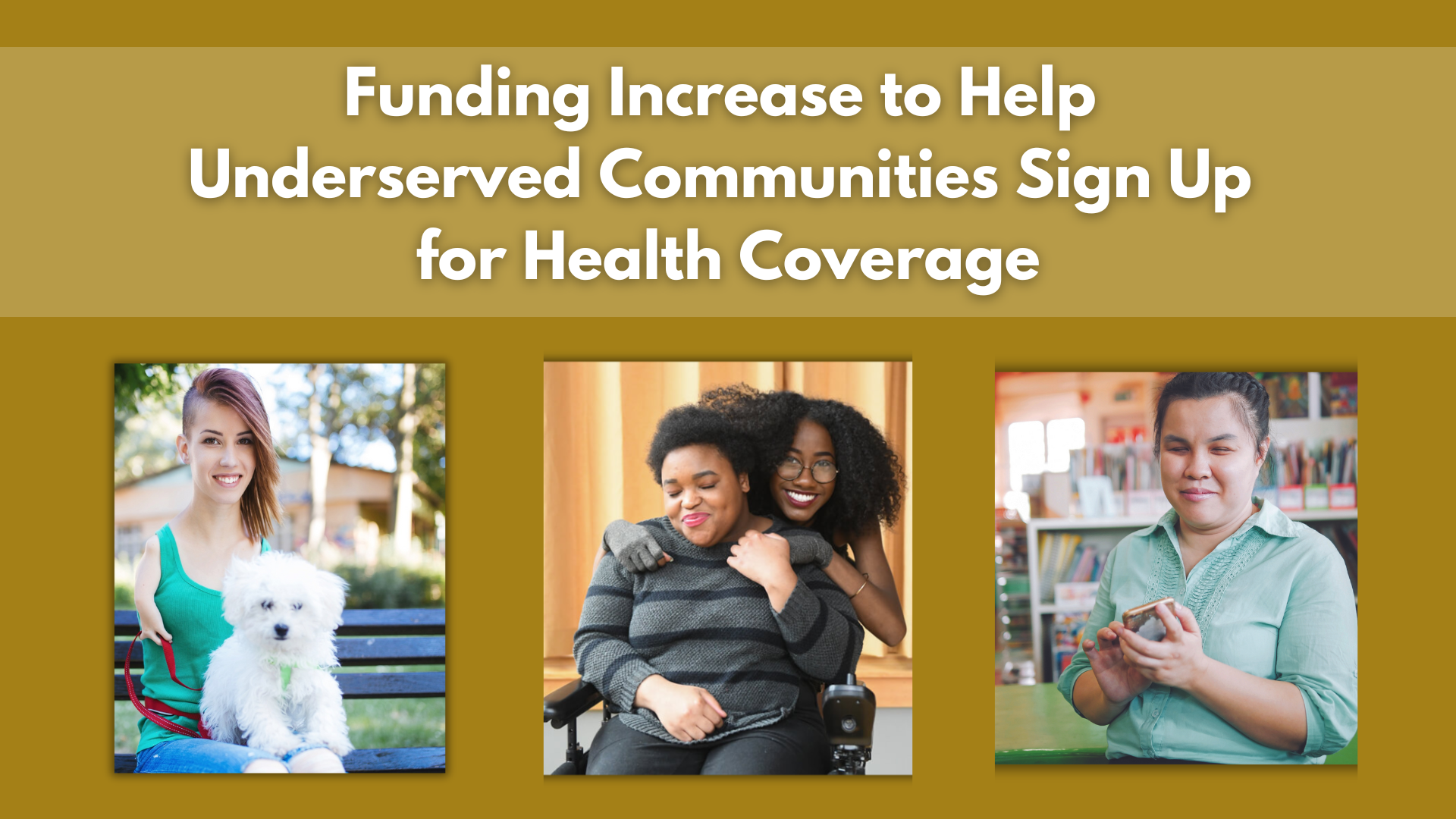The NDNRC newsletter will resume being published on a weekly basis.
The Administration has awarded $100 million to organizations that aid in providing underserved communities sign up for healthcare coverage. This is part of a five-year plan to award $500 million in recruiting trusted local organizations to connect with communities that face barriers in receiving healthcare coverage, like the disability community.
As of August 23, states have reported renewal outcomes for more than half of those enrolled in Medicaid/CHIP, according to data from the Kaiser Family Foundation (KFF) with 14.1 million renewals still remaining. 27% of those who completed the renewal process were disenrolled and 54.9 million enrollees were able to qualify for renewed coverage. The large range of disenrollment rates in each state varies, with the highest of 57% being in Montana and the lowest of 12% in North Carolina. Out of all states with available data, 69% of all those disenrolled were due to procedural reasons.
The Center on Medicare and Medicaid Services (CMS) has created new guidance and renewal procedures for states that are still in the process of ending continuous coverage from the COVID-19 public health emergency. The new deadline for completing all renewal efforts is now December 31, 2025.
The Department of Health and Human Services (HHS) will award over $558 million in helping to improve maternal health, pregnant people and new parents, infants, child development, and school readiness. The Centers for Disease Control and Prevention (CDC) has also announced $118.5 million in support for public health infrastructure and prevent pregnancy related deaths.
The Administration has proposed to ban medical debt from credit reporting. Medical debt is a leading cause of bankruptcy for almost 100 million Americans, making them less likely to continue to seek healthcare and decreasing financial stability.
The Commonwealth Fund covered the great impact that the Affordable Care Act (ACA) has had on healthcare coverage for Americans and the potential of repeals or major decreases in funding. A repeal between 2019 and 2028 would lead to $1.1 trillion in extra uncompensated care and unmet care needs.
KFF discussed what the outcome of the upcoming election could mean for Medicaid in terms of the ACA, financing options, eligibility, benefits, cost-sharing, prescription drugs, long-term services and supports, and managed care. A side-by-side comparison could show either greater investment in Medicaid or reduced federal spending.
A continued conversation on potential Medicaid cuts from the Georgetown Center for Children and Families other fiscal budget resolutions and major changes to Medicaid through decreased federal funding and the expiration of the Tax Cuts and Jobs Act.
Join the Beyond the Basics fall office hours on “Premium Tax Credits” on September 10th at 2 PM ET. These office hours will review premium tax credit eligibility rules and how they are calculated with time for audience questions. Check out the full fall schedule to register for future webinars!
Archives of our weekly updates are available on the NDNRC website. Follow us on Twitter/X at @NDNRC!

